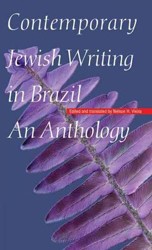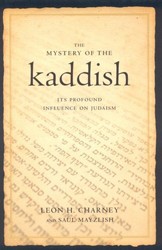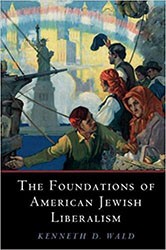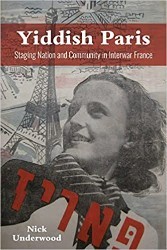Classical Hasidism existed on several planes. For the masses it provided a vehicle for religious expression, often without the trappings of scholarship. For many it offered a quasi-mystical theology which combined various strands of Jewish thought and often produced original insights, hermeneutics, and exegesis. For the elite few, it provided the opportunity to explore new realms of Jewish thought and share them with those initiates who had the capacity to grasp esoteric concepts.
Hasidism produced saints, pietists, exegetes, great leaders, storytellers, teachers, scholars, and a few masters w ho combined several of these traits and founded dynasties, some of which exist today. Rabbi Ya’akov of Izbica-Radzyn was a master, a scholar, and a deep thinker. His theology and philosophical outlook is contained in his massive four volume work, Beit Ya’akov, compiled by his sons and grandson. His writings are not generally known because they are difficult to fully comprehend without a deep grounding in Lurianic mysticism, Kabbalah in general, and rabbinic texts. His style is often elliptical and his allusions are sometimes difficult to follow.
This study attempts to pierce Rabbi Ya’akov’s hermetic world to let out some of the radiance rather than be a systematic study of his writings. Most of the teachings are formulated as commentaries on the weekly Torah reading and may have actually been originally delivered as d’rashot. The Izbica-Radzyn tradition emphasized traditional modes of study with a new emphasis on a reconsideration of many accepted values, e.g. a shift from the responsibility of the rebbe or zaddik to the individual in search of spiritual growth. There are strong currents focusing on selfhood, individuation, truth, sin, identity, failure, despair, and transcendence. Rabbi Ya’akov stressed personal responsibility in attaining true spiritual growth and self knowledge. There is much in common here with the Mussar movement but it is expressed in a more arcane fashion. Choice, doubt, and compulsion are other themes that are explored through the Torah narratives.
The author presents these teachings from the perspective of contemporary literary and philosophical criticism, while maintaining the respect, integrity, and depth of the text. Ora Wiskind- Elper takes these texts seriously, presents intelligent and sensitive readings of difficult themes, and rigorously plumbs concepts and formulations that formed the basis of this approach within Hasidic thought. It is a well disciplined introduction to the original thinking of one of the great minds in the Hasidic pantheon.





